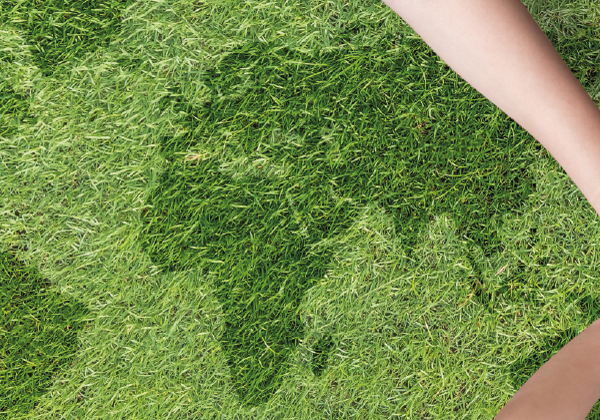

We have been working with cheese for over 100 years. It is a wonderful product, but one that could be more sustainable. Cheese has a significant impact on the climate. This is due to CO2 emissions generated in the production chain from cow to cheese.
As a packager, we are a link in this chain and our role is limited. Nevertheless, we want to work on reducing CO2 emissions. Reducing the carbon footprint of cheese contributes to this, but the transition to more plant-based foods also plays an important role in combating climate change. Other climate mitigation themes, such as zero deforestation in the value chain and efficient water management, are also extremely important and are included in our purchasing policy.
As a chain partner, we seek cooperation with suppliers and customers to expand our range with cheeses and plant-based alternatives with a lower climate impact.
Sustainability and health often go hand in hand. That is why we are working on expanding our range with healthier cheeses, such as alternatives with less salt or fat.
At Vepo Cheese, we are committed to offering a range of products that are healthier and more environmentally conscious. We are working towards a sustainable procurement policy, increasing the range of plant-based alternatives and contributing to a value chain that is free from deforestation. In addition, we strive for better insight into water management and drought risks among our most important suppliers. In this way, we are making more conscious choices step by step – from cow to consumer.
Our objectives
Raw material use and availability
Climate adaptation
Food safety and quality
At Vepo Cheese, we do not view packaging as waste, but as a raw material. That is why we want to be a leader in sustainable packaging by 2028, which means that we want to offer a recyclable option for every product group. With a focus on mono-materials and recycled APET, we are taking steps towards a closed loop – without compromising on quality or food safety. This directly contributes to achieving the objective of reducing high-calorific waste and promoting the circularity of our plastic.
Our objectives
Sustainable packaging
Waste
Our ambition is clear: we want to structurally reduce our scope 1, 2 and 3 emissions.
We already generate 25% of our electricity with our own solar panels. Our ambition is to generate more from our own solar panels by 2028 and to purchase the remainder from entirely green sources. We offset the portion that we do not currently purchase from green sources with certificates.
Furthermore, making our machines and vehicle fleet more sustainable is on the agenda. All company cars are now hybrid and trucks for internal transport are electric.
In addition, we will focus a lot of attention on making our logistics processes smarter and more sustainable. Internally, we can optimise our transport planning by reducing the number of transport movements, but modern lorries that run on sustainable fuels play the biggest role. We are in constant dialogue with our transporters about this.
Our objectives
Emissions from our own organisation
Value chain emissions
For Vepo Cheese, a safe and inspiring working environment is the basis for sustainable growth. We want to be a leader in the field of health, well-being and development of our people. That is why we invest in personal development plans and annual training courses. We focus on reducing absenteeism and the number of accidents in the production department. At the same time, we are building a culture in which responsible business practices are a matter of course – both within and outside Vepo Cheese, in accordance with our Vepo Values.
Our objectives
Safety
Health and well-being
Training and development
Responsible business practices